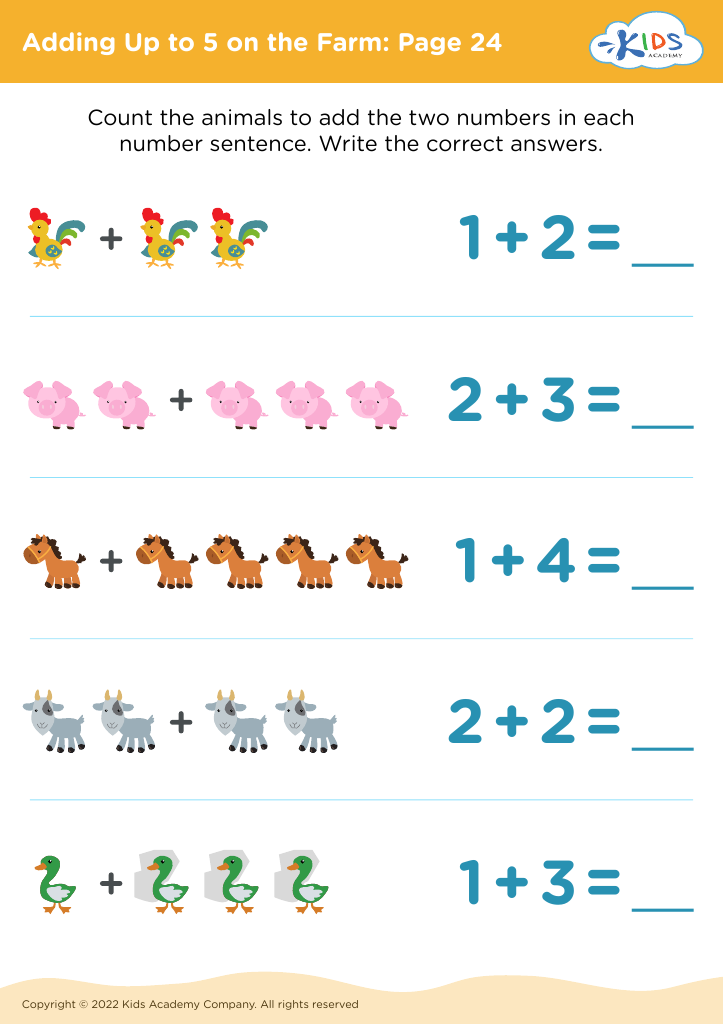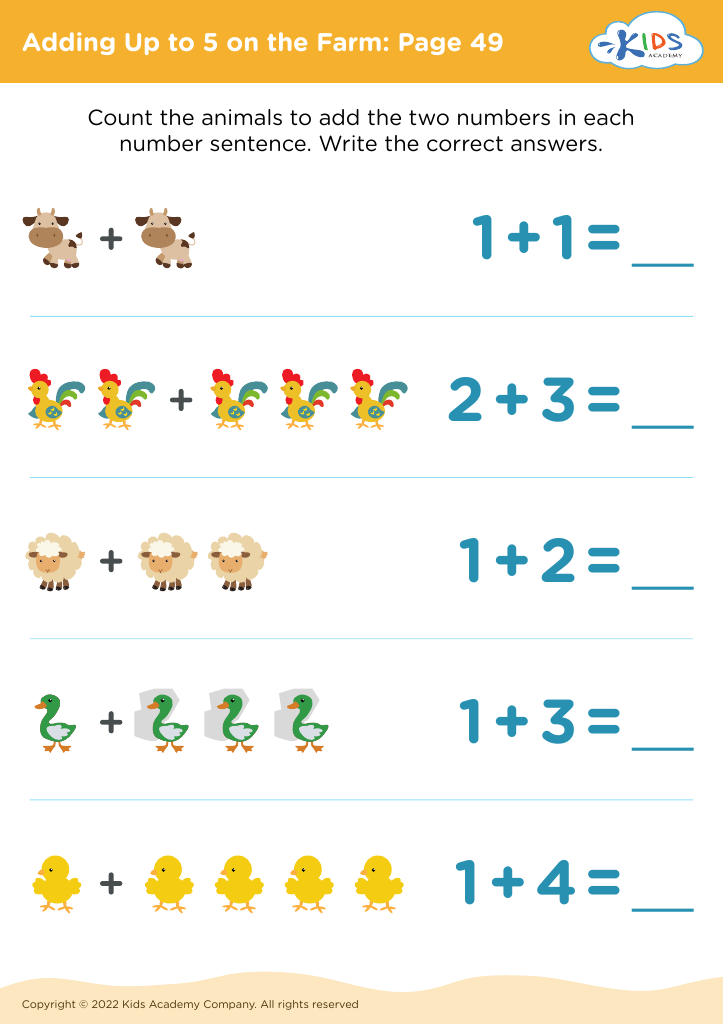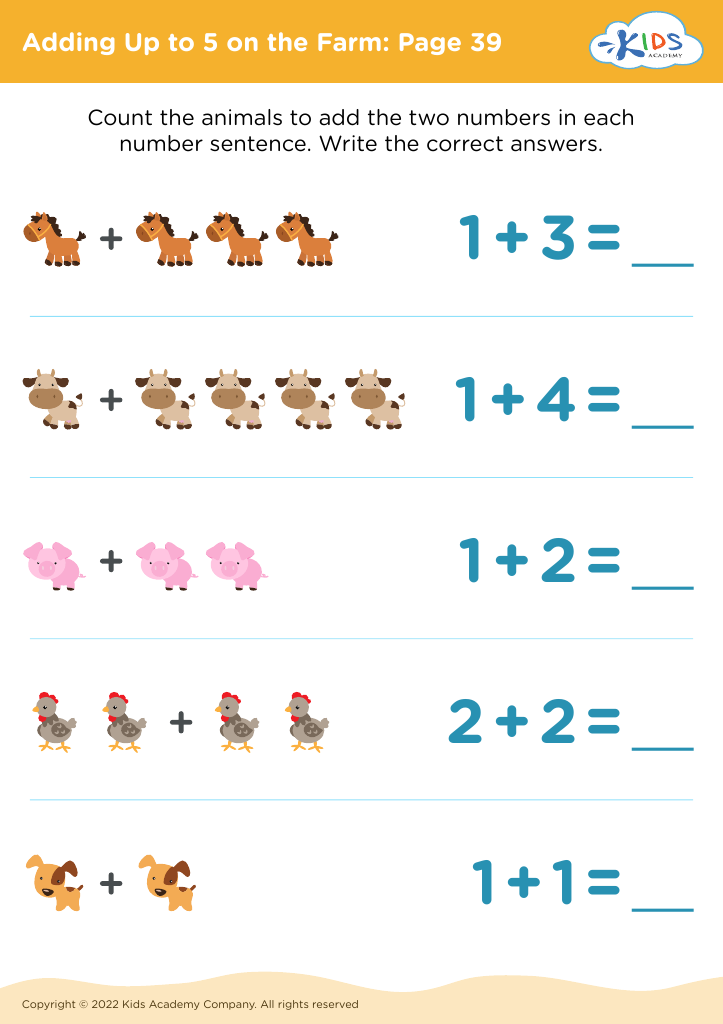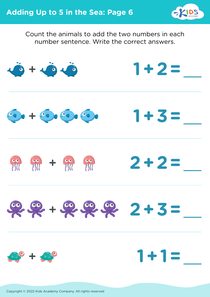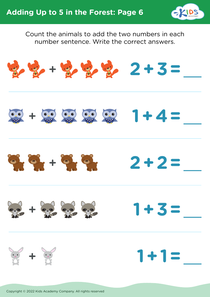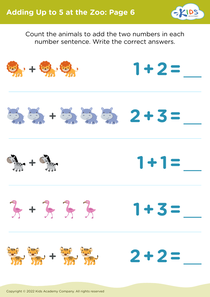Fine motor skills (writing numbers) Adding on the Farm Worksheets for Ages 4-8
3 filtered results
-
From - To
Explore our "Fine Motor Skills (Writing Numbers) Adding on the Farm Worksheets" designed for children ages 4-8. These engaging worksheets help young learners enhance their fine motor skills through exciting farm-themed activities focused on writing numbers. As children trace and write numbers, they'll improve their hand-eye coordination and gain confidence in their writing abilities. With a variety of fun exercises, including counting farm animals and simple addition problems, your child will enjoy learning while developing essential skills! Perfect for home or classroom use, these worksheets motivate kids to embrace math in a fun and interactive way. Download yours today!
Fine motor skills are essential for children aged 4-8 as they directly impact academic performance and everyday tasks. Developing these skills, particularly through activities like writing numbers, fosters hand-eye coordination, dexterity, and control. When children engage in fine motor tasks, such as writing numbers while "Adding on the Farm," they gain the ability to grasp and manipulate objects effectively, which plays a critical role in their overall cognitive development.
Parents and teachers should prioritize these skills, as they enhance children's ability to complete various tasks, from writing to using tools, ultimately fostering independence. For instance, gaining confidence in writing numbers sets a foundation for mathematics, enabling children to transition smoothly into more complex concepts like addition and subtraction. Furthermore, engaging in activities that incorporate fine motor skill-building encourages creativity and problem-solving; as children interact with farm-related themes, they learn in a playful and relatable context.
Supporting the development of fine motor skills in early education is not just about writing well but about equipping children with necessary life skills. Ultimately, promoting these abilities in young learners enhances their capacity for learning, boosts self-esteem, and prepares them for more advanced academic challenges ahead.
